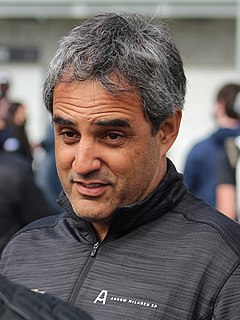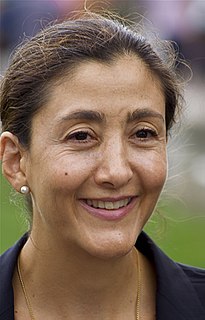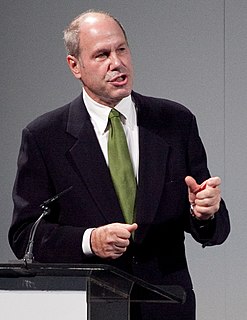A Quote by Juan Pablo Montoya
In Colombia maybe 95% of the population follow Formula One. It's crazy.
Quote Topics
Related Quotes
From 2008 to 2016 all the growth in the American economy, all the growth in national income, was earned just by the wealthiest 5% of the population. So they got all the growth. 95% of the population didn't grow. If you can get a flat tax or other lower tax, as Trump is suggesting, then this richest 5% will be able to keep even more money. That means that the 95% will be even poorer than they were before, relative to the very top.
We love Formula One and think Formula One's great. But we think Formula E is different. We would be making a big mistake if we tried to compete with Formula One and be similar to Formula One, we have to be radically different to Formula One to have a chance of survival. I don't mean survival by beating Formula One but co-existing complimentary to Formula One.
In our case [the United States] it happens to be basically corporate structure. Much of the population is going to be harmed by that. Those policies are designed to turn state power into an instrument that works for the wealthy. Maybe there are some crumbs for the rest of the population, maybe not. But that's given.




































